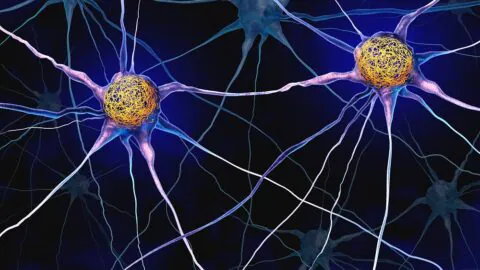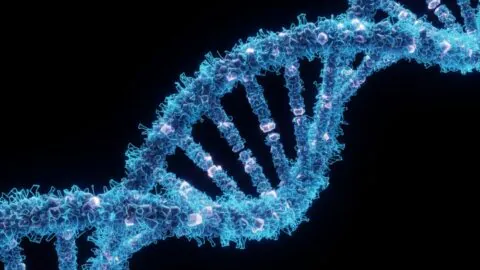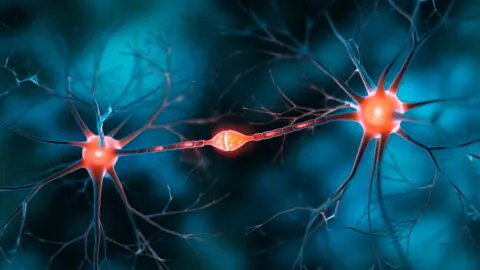February 18, 2026
A recent study suggests that cognitive enrichment throughout life is associated with reduced dementia risk, and it has the potential to delay the onset of dementia and mild cognitive impairment by five to seven years [1]. Cognitive stimulation Engagement in cognitively stimulating activities has been linked to lower dementia incidence, better cognitive function, and a...
February 13, 2026
Scientists have applied partial reprogramming to memory-encoding neurons (engrams) and achieved memory improvements in Alzheimer’s models and wild-type mice [1]. Rejuvenating neurons Partial cellular reprogramming, which uses certain factors to rejuvenate cells while maintaining their identity) has shown promise across various conditions and cell types, including neurons [2]. Rejuvenating these long-lived brain cells is imperative...
February 12, 2026
A team of researchers has biologically engineered T cells with currently available Alzheimer's drugs in order to directly attack the characteristic amyloid plaques of Alzheimer's disease. Building on the current paradigm Most Alzheimer's treatments used in the clinic are -mabs, monoclonal antibodies that are designed to attack the amyloid beta plaques that accumulate in the...
January 30, 2026
Using an ingenious CRISPR-based screening technique, scientists have found a protein that tags tau for degradation and is more strongly expressed in tau-resilient neurons [1]. Some neurons are more equal than others The accumulation of tau protein fibrils in neurons is a hallmark of Alzheimer’s and several other diseases [2]. Scientists have long noticed that...
January 16, 2026
According to a new study, as many as 90% of Alzheimer’s cases can be attributed to “suboptimal” variants of the APOE gene. These results highlight the gene’s importance for Alzheimer’s prevention [1]. Three alleles of APOE A growing amount of research links Alzheimer’s disease to the gene APOE, which codes for apolipoprotein E [2]. This...
January 07, 2026
A recent study investigated biomarkers that can help monitor trajectories of Alzheimer’s disease-related molecular processes, such as neuronal cell death, and how patients respond to treatments. The authors reported that using biomarkers enabled them to gain insights into the molecular processes that contribute to improved cognition following human recombinant granulocyte macrophage colony-stimulating factor (GM-CSF, sargramostim)...






